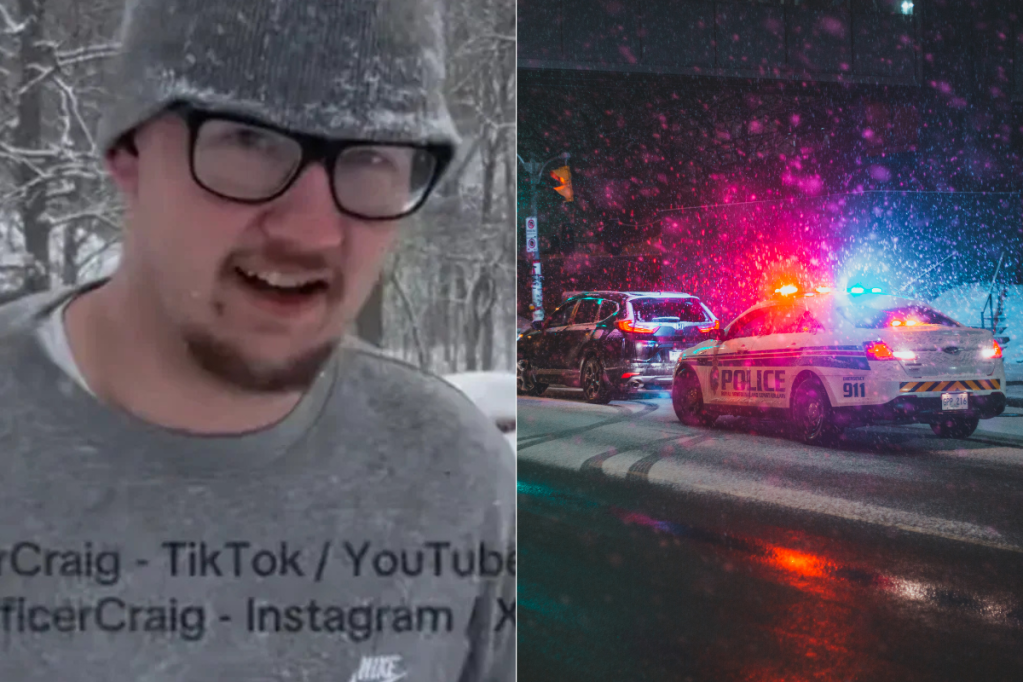Benjamin David lives in Munich, and he swims to work.
Every morning, David checks the speed and temperature of the water…
[rebelmouse-image 19530356 dam=1 original_size=”400×201″ caption=”All GIFs via BBC Capital/Facebook.” expand=1]
…puts on his swim trunks and packs his dry bag with the clothes and gear he needs for the day…
…and swims 2,000 meters, or about 1.25 miles, down the Isar River to work.
Thanks to a great video from BBC Capital, David’s story went viral last week. But lost in the surprising and delightful nature of his morning commute is what’s making it possible: efforts in major cities to clean up polluted urban rivers and return them to swimmers.
Cities like Paris, New York, Boston, and London have all made an effort to return their rivers to swimmers and beachgoers.
Local governments are partnering with civic nonprofits to raise funds for cleanup, natural pools, and marketing efforts. Why focus on swimming? It’s affordable, safe, and fun for residents of all ages, and public access to rivers and lakes is a great way to build community and inspire people to care about their waterways.
Paris Mayor Anne Hidalgo has made cleaning up the River Seine a priority and hopes to have open-water swimming events in the waterway for the 2024 Olympics. In July, she opened canal water pools in a section of the Bassin de la Villette canal in northern Paris. These clean swimming zones are sectioned off and filtered to ensure a safe dip.
American cities are pushing for river pools too. For seven years, a nonprofit in New York City has been working on +POOL, a floating swimming pool in the shape of a plus sign that can filter impurities through its walls. They have a bevy of backers and great designs but are currently in a holding pattern with the city, waiting for a site to install it.
One city that’s seeing the benefits of returning the river to swimmers is Portland, Oregon.
The city is split in half by the Willamette River, a thoroughfare still used to export grain and dry-dock ships. But despite Portland’s eco-friendly persona, the river was long neglected and prone to sewage overflows. With the completion of the Big Pipe, a sewage infrastructure project, the Willamette has been remarkably clean and safe for swimming. Yet it was still hard to persuade residents to dive in.
[rebelmouse-image 19530361 dam=1 original_size=”750×562″ caption=”Photo by Ian Sane/Flickr.” expand=1]
That’s where local nonprofit group Human Access Project comes in. The group of volunteers pursues its mission of transforming Portland’s relationship with the river by creating public spaces like access points and beaches, supporting education and conservation efforts, and, of course, jumping in for a dip. The HAP hosts the Big Float — a floating party in the river — an annual river swim with Mayor Ted Wheeler, and even has a swim team called the River Huggers. Yeah, seriously.
“For us, swimability is a platform for hope,” says HAP Founder and Ringleader Willie Levenson. “Our hope is that if we can reconnect people with the river through their own self-interest, through something that will benefit them — being able to get into the water and swim — they will naturally care more about the outcomes of what’s happening in the watershed. They’ll naturally be more inclined to fight for this thing that they love and enjoy.”
[rebelmouse-image 19530362 dam=1 original_size=”750×562″ caption=”The River Huggers take to the water. Photo via Human Access Project, used with permission.” expand=1]
Are swimmable rivers and lakes not on your city’s radar? There’s still a lot you can do.
While most people don’t have the time to found and organize their own nonprofit like Levenson, there are similar groups like the Waterkeepers or your local watershed council that are already doing this work. Donate your time or make a contribution to keep the good going.
You can also start using the body of water to swim, kayak, or relax. It’s fun, affordable, and close to home. Check the water quality test results online before jumping in, and bring a friend or swim buddy. Let your local elected officials know you want safe access to your water and support candidates that make it a priority.
You may not use it to commute, like David, or create a float party with thousands of your closest friends, like Willie Levenson, but it’s your community and your water, and you deserve a clean, safe place to enjoy it.


























